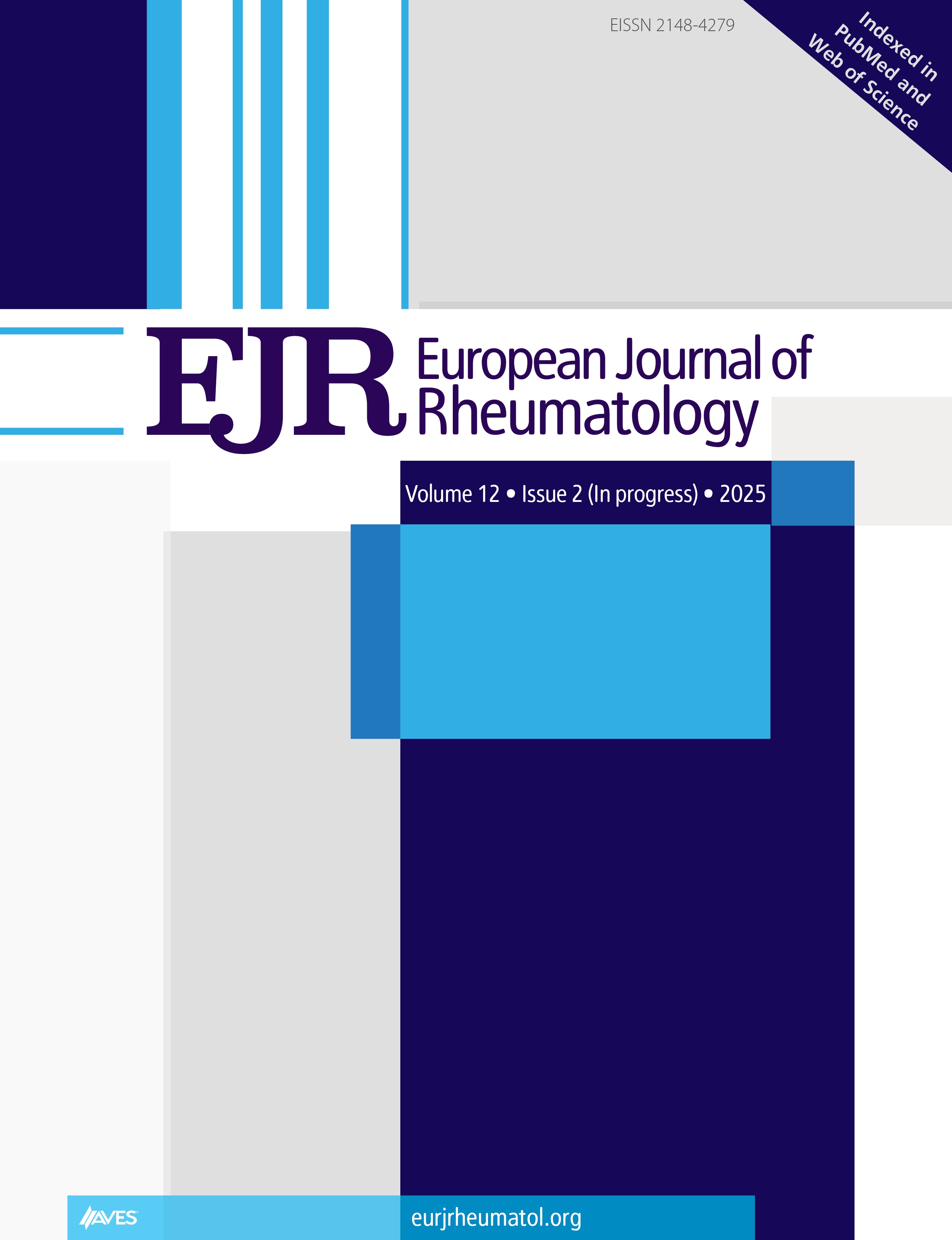Abstract
Objective: Endothelial dysfunction, increased cardiovascular events (CVE), and accelerated atherosclerosis have been described in patients with small vessel vasculitis and collagen vascular disease. Identifying predictors of cardiovascular risk will help to optimize short- and long-term care of patients with vasculitis. The present study investigates the predictive role of the endogenous nitric oxide synthase (NOS) inhibitor asymmetric dimethylarginine (ADMA) and its stereoisomer symmetric dimethylarginine (SDMA) for cardiovascular risk, all-cause mortality, and renal function in patients with anti-neutrophil-cytoplasmic antibodies-associated small vessel vasculitis (AASV) subjected to standardized treatment regimens in four European Vasculitis Study Group trials representing all stages of renal disease.
Methods: Sera from 89 patients with AASV were available for measuring SDMA, ADMA, and arginine using liquid chromatography/mass spectrometry at the time of active disease and remission. Clinical data on disease activity, remission, relapse rate, and 5-year follow-up data for CVE and renal outcome were collected.
Results: Symmetric dimethylarginine and ADMA levels were not predictive of CVE at 5 years of follow-up. The overall CVE rate was low in the present cohort of AASV (8%). However, SDMA, and not ADMA, levels were significantly associated with poorer survival (death/ESRD) independent of entry glomerular filtration rate.
Conclusion: This novel outcome in a well-defined group of patients with AASV might indicate a different mechanism of endothelial response in AASV as compared with atherosclerosis. This should be further explored in a larger cohort of AASV patients with a higher CVE rate and/or a longer follow-up. Moreover, these findings should be correlated to other markers of vascular damage.
Cite this article as: Erdbrügger U, Kielstein KT, Westman K, Ma JZ, Xin W, Bode-Böger SM, et al. Higher levels of SDMA and not ADMA are associated with poorer survival of trial patients with systemic ANCA-associated vasculitis. Eur J Rheumatol 2018; 5(3): 153-9.



.png)